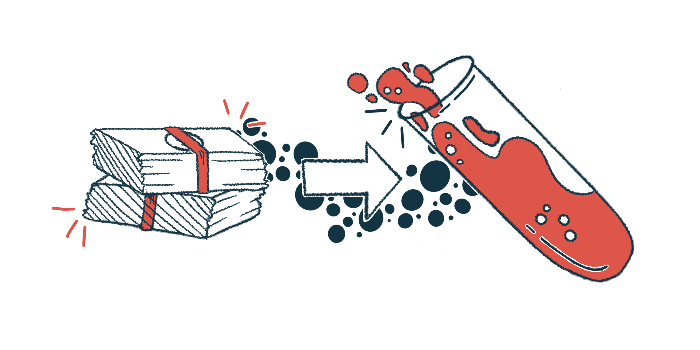Lupus Foundation of America Grants Fellowships for 6 Young Scientists
LFA awards allow university students to pursue key research

The six recipients of the 2022 Lupus Foundation of America (LFA) fellowships for young scientists will each pursue research in key areas of lupus investigation, including cardiovascular risks, genetics, biomarkers, and environmental factors.
Awarded through the Gina M. Finzi Memorial Student Summer Fellowship Program, the grants are each worth $4,000.
The program supports students pursuing research in the field of lupus, an autoimmune inflammatory disorder that can affect multiple systems in the body. It seeks to cultivate the next generation of lupus investigators.
“The Lupus Foundation of America understands the importance of nurturing young scientists pursuing the field of lupus research, and the Gina M. Finzi Memorial Student Summer Fellowship Program provides not only critical research funding but the mentorship that is crucial to cultivating the lupus researchers of the future,” Stevan W. Gibson, LFA’s president and CEO, said in a press release.
The 2022 Finzi Fellows
This year’s fellowship recipients hail from five universities across the U.S., and include two students from medical schools. With the LFA grants, they will spend the summer conducting research that is key to advancing their investigations in the lupus field.
The Finzi Fellows for 2022 are:
- Keenan Anderson-Fears, of Pennsylvania State University, who aims to identify new genetic risk factors for lupus with the overarching goal of predicting lupus progression. Anderson-Fears is seeking to establish innovative statistical methods to integrate multiple related autoimmune disorders from diverse ancestries.
- Natalie Toothacre, a student at the University of Pennsylvania, whose research focuses on lupus development. She hopes to determine the contribution of DNA methylation, a chemical modification, in chromosome inactivation and disease development in female lymphocytes, a type of white blood cells.
- Seong Hee (Joy) Park, of Upstate Medical University, who is exploring the mechanisms behind the development of lupus. She aims to elucidate the mechanism underlying the disturbed balance between certain pro-inflammatory helper T-cells and anti-inflammatory regulatory T-cells in systemic lupus erythematosus (SLE).
- Aditi Deokar, of Dartmouth College, now investigating the efficacy of a molecular strategy designed to increase the levels of regulatory T-cells with the aim of ameliorating SLE. Positive results from his work could improve the development of targeted treatments for SLE and other autoimmune disorders in which immunosuppressive regulatory T-cells are dysregulated.
- Julianne Kleitsch, of the University of Pennsylvania, Perelman School of Medicine, whose research links lupus and cardiovascular risks. Her project will focus on how to evaluate the heightened 10-year risk of atherosclerotic cardiovascular events, such as heart attacks and strokes, in patients with cutaneous lupus erythematosus.
- Olivia Favor, of Michigan State University, whose aim is to better patient outcomes and quality of life. Favor will investigate whether inhibiting an enzyme called soluble epoxide hydrolase (sEH) may prevent inflammation and autoimmunity in lupus-prone mice models. Favorable results could lead to the development of sEH inhibitors as lupus treatments, which in turn could improve patients’ lifespan and quality of life.
“Research grants like the Lupus Foundation of America Gina M. Finzi Student Memorial Fellowship Program are an incredible opportunity to build awareness of lupus and the need for more research of the disease among young scientists,” said Montserrat Anguera, PhD, this year’s Finzi Fellow mentor. “The program is a great way to get students thinking of novel approaches to treat lupus that can be continued throughout their research career.”
The fellowship program was established in 1984 and, to date, has supported nearly 200 new investigators in North America. Previous awardees have subsequently led novel and groundbreaking studies and are now distinguished lupus researchers, according to the LFA.







